(NB&CL) Resolution 18-NQ/TW, an important step in the strategy of reforming the political system, has set a dual requirement for press agencies: first of all, to be “compact”, then to be “refined”. This means that press agencies not only need to reduce the number of staff but also need to improve the quality of their team of reporters and journalists.
“Lower” is not just about reducing the number of
The “downsizing” process in Resolution 18 is not simply about reducing the number of personnel in press agencies but also about screening and eliminating individuals and organizations that no longer meet the development requirements of the industry.
According to Dr. Phan Van Kien, Director of the Institute of Journalism and Communication - University of Social Sciences and Humanities, Vietnam National University, Hanoi, in the process of streamlining the apparatus, there are two important issues that need to be recognized. “First, this process will eliminate agencies and individuals that the system feels are no longer necessary. This leads to some people being eliminated from the system,” said Dr. Kien.
“The problem is not only quantity but also quality,” Mr. Kien added. When the apparatus has too many people but they are not elite, they cannot meet the job requirements and thus, they will be eliminated from the game. This is a natural mechanism to help improve the efficiency of the system, at the same time promoting the transformation of the press industry in the context of society and technology changing every day.
In addition to reducing the number, the requirement of “refinement” requires a team of reporters and journalists with outstanding quality, capable of meeting the job with a neat but effective apparatus. Dr. Phan Van Kien also pointed out that, in the context of traditional journalism being strongly competed by digital media, “refinement” is not only improving writing skills but also includes adapting to new technology.
“Journalists not only need to master traditional journalism skills but also know how to apply technology in collecting, processing and transmitting information. If they cannot adapt to this change, they will have difficulty maintaining their job position in the future,” Dr. Kien emphasized.
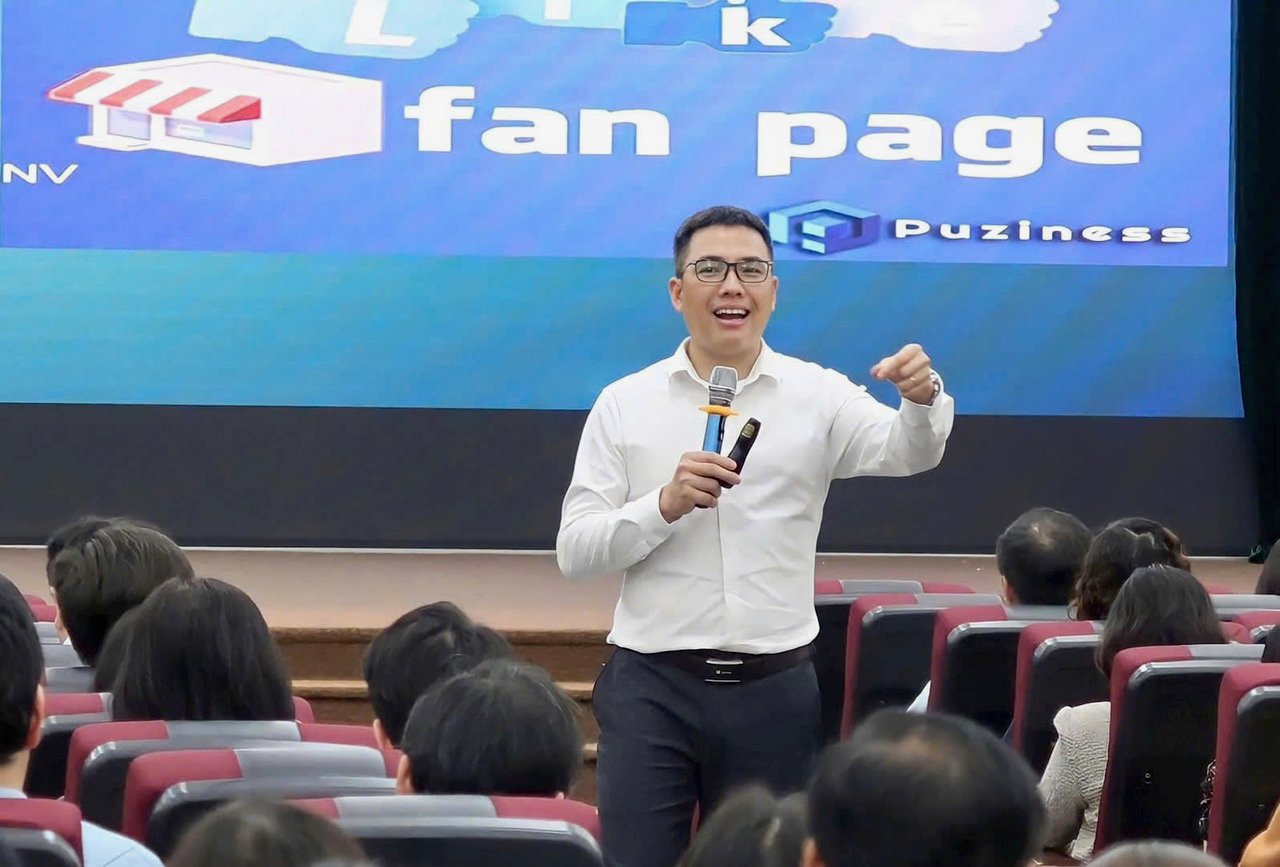
Dr. Phan Van Kien, Director of the Institute of Journalism and Communication - University of Social Sciences and Humanities, Vietnam National University, Hanoi.
Regarding training, Dr. Phan Kien said that although the impact of the shrinking labor market may not be clear in the short term, training institutions will have to adjust their teaching methods to meet these changing requirements.
“Universities must not only train journalists but also prepare students to work in a broader media environment, meeting the demands of a rapidly changing labor market,” Mr. Kien emphasized.
He also believes that journalism training in Vietnam is not simply about equipping students with journalistic skills, but also about building critical thinking and social responsibility, helping students understand the role of journalism in providing accurate and objective information. This creates a clear difference between journalism and other media industries, which focus on image building and information management.
In addition, combining journalism skills with fields such as communications, advertising and media management opens up more career opportunities for students, while also helping them become more flexible and versatile in the competitive labor market. “Journalism is always a solid foundation for students to adapt and develop in other careers in the media field,” Dr. Kien shared.
“The journalism industry will not disappear but will transform, thereby creating many new career opportunities, helping to improve the quality of the media team,” Dr. Kien emphasized.
Technology assessment, collaboration and adaptation
To effectively streamline the apparatus, journalist Vu Kieu Minh - General Secretary of the convergence editorial board and digital platforms of NTNN/Dan Viet Newspaper said that Dan Viet Newspaper has applied a specific set of criteria to evaluate the quality of human resources, including evaluating officials, editors and standards for evaluating the level of task completion.
In addition to assessing the quality of the articles, personnel screening also considers comprehensive capabilities, the ability to multitask, and the ability to adapt to new technology trends. This helps ensure that only truly competent and suitable personnel can survive and develop.
According to journalist Kieu Minh, the quality of human resources is a key factor in the long-term development of press agencies. “This means that reporters and editors need to constantly improve their skills and expertise, while also accessing the latest knowledge and technology,” Mr. Minh emphasized.

In a context where traditional journalism is being fiercely competed by digital media, being “sophisticated” is not only about improving writing skills but also includes adapting to new technology.
According to journalist Vu Kieu Minh, the context of streamlining staff is also an opportunity for press agencies to select high-quality personnel who have previously worked at other press agencies and are capable of meeting the strict requirements of the job.
At the same time, Dan Viet Newspaper, with its strategy of cooperating with prestigious domestic journalism training institutions, has been searching for and developing high-quality human resources to meet development needs.
Regarding cooperation, Dr. Phan Kien said that a close relationship between journalism schools and press agencies is a necessary condition to improve the quality of human resources. According to him: “The fact that students are able to practice and experience in a real working environment helps them not only improve their skills but also grasp the requirements of the job after graduation. In particular, the rapid change in journalism technology requires training institutions to constantly update and be flexible in their teaching methods.”
In the context of constantly developing technology, Dr. Phan Kien also pointed out a major challenge that journalism training institutions face: the constant change in journalism and media technology. He said: “Journalism technology is changing every day, and universities will have difficulty if they only rely on existing budgets and facilities to keep up with these changes. Therefore, cooperation with press agencies is necessary so that students can learn and experience the latest technology tools in newsrooms.”
Hoang Anh
Source: https://www.congluan.vn/nghi-quyet-18-va-yeu-cau-kep-doi-voi-nganh-bao-chi-gon-va-tinh-post340222.html




![[Photo] Dong Ho Paintings - Old Styles Tell Modern Stories](https://vstatic.vietnam.vn/vietnam/resource/IMAGE/2025/3/29/317613ad8519462488572377727dda93)


![[Photo] Prime Minister Pham Minh Chinh chairs meeting to urge highway projects](https://vstatic.vietnam.vn/vietnam/resource/IMAGE/2025/3/29/6a3e175f69ea45f8bfc3c272cde3e27a)
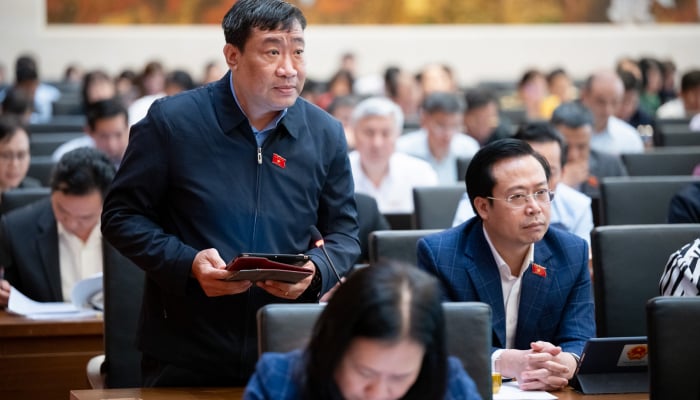
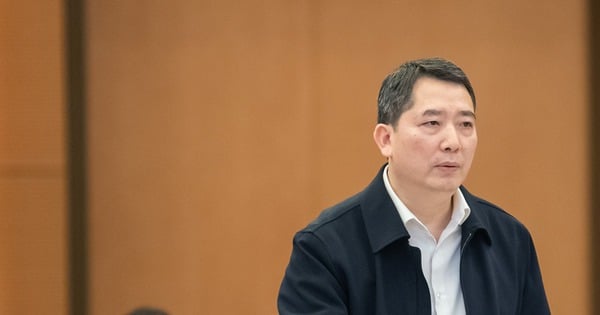


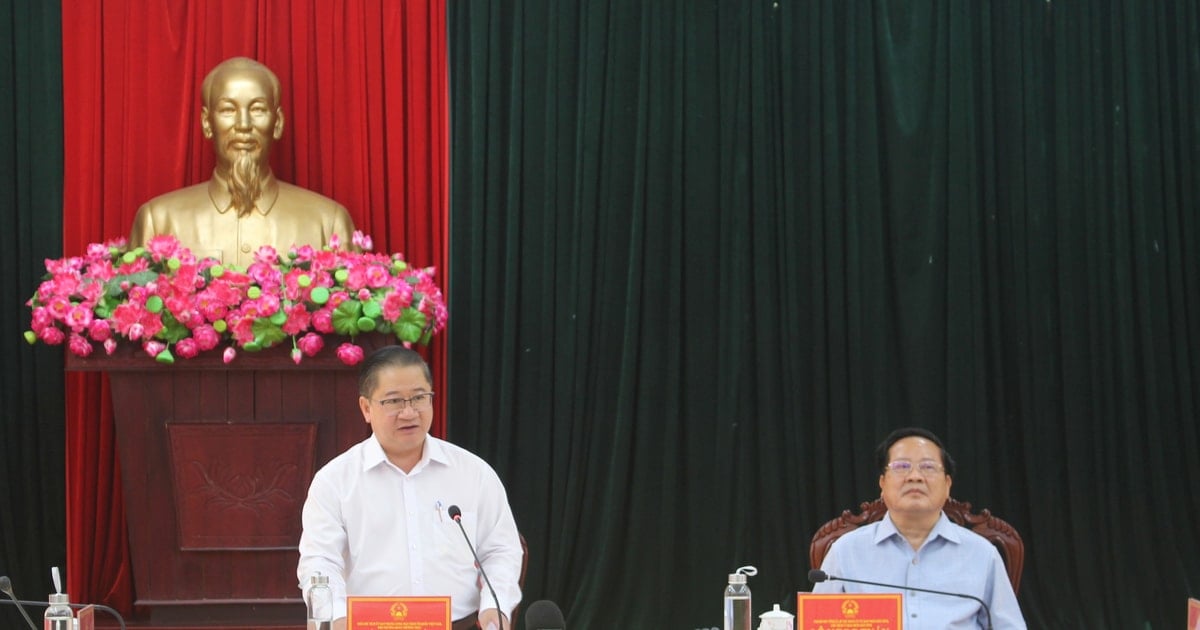

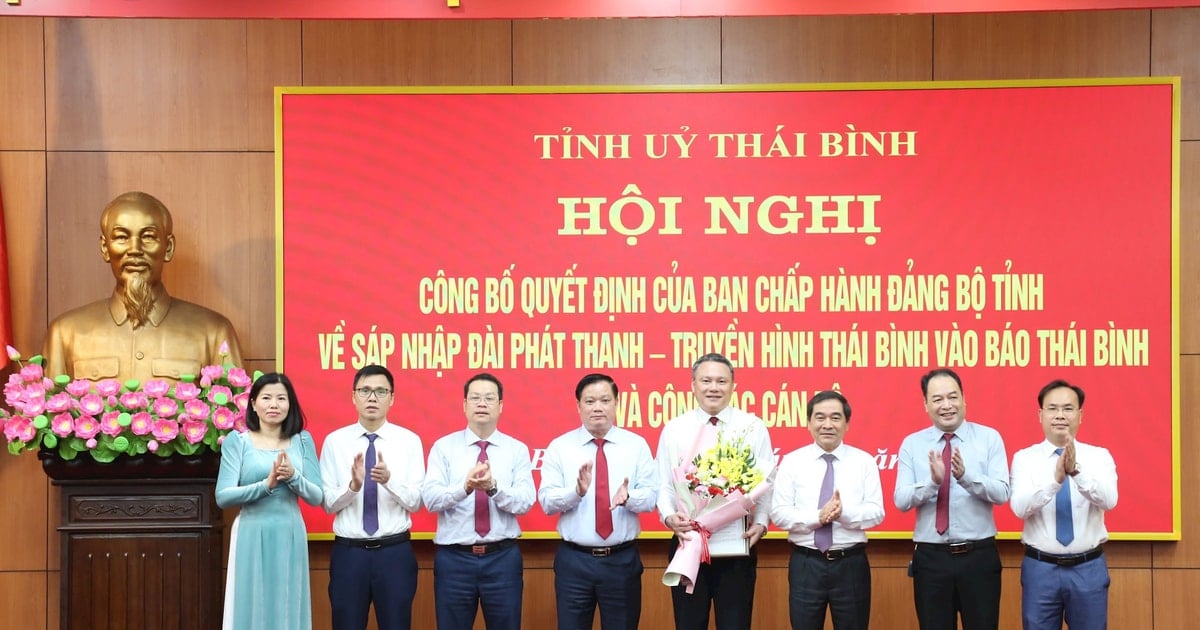
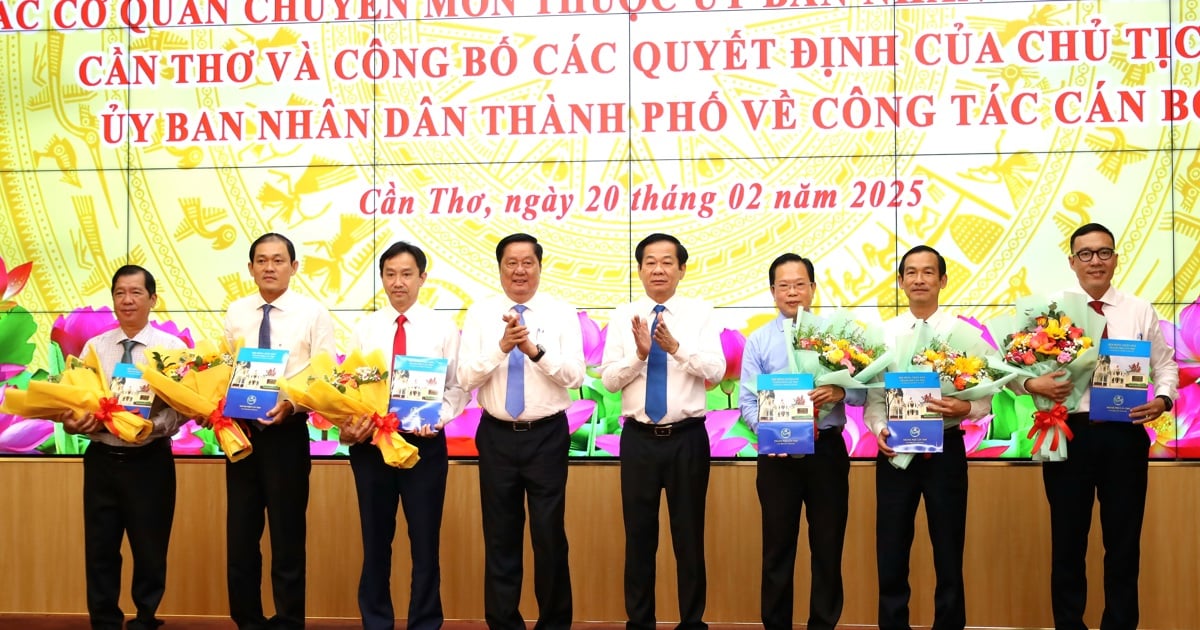


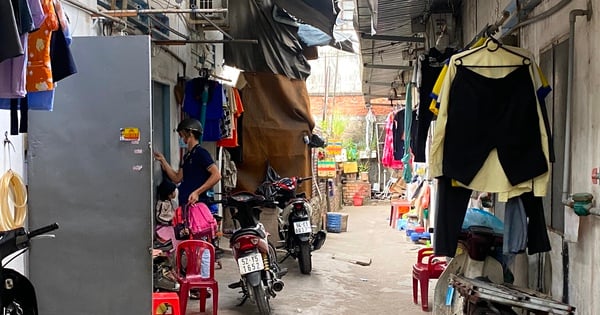
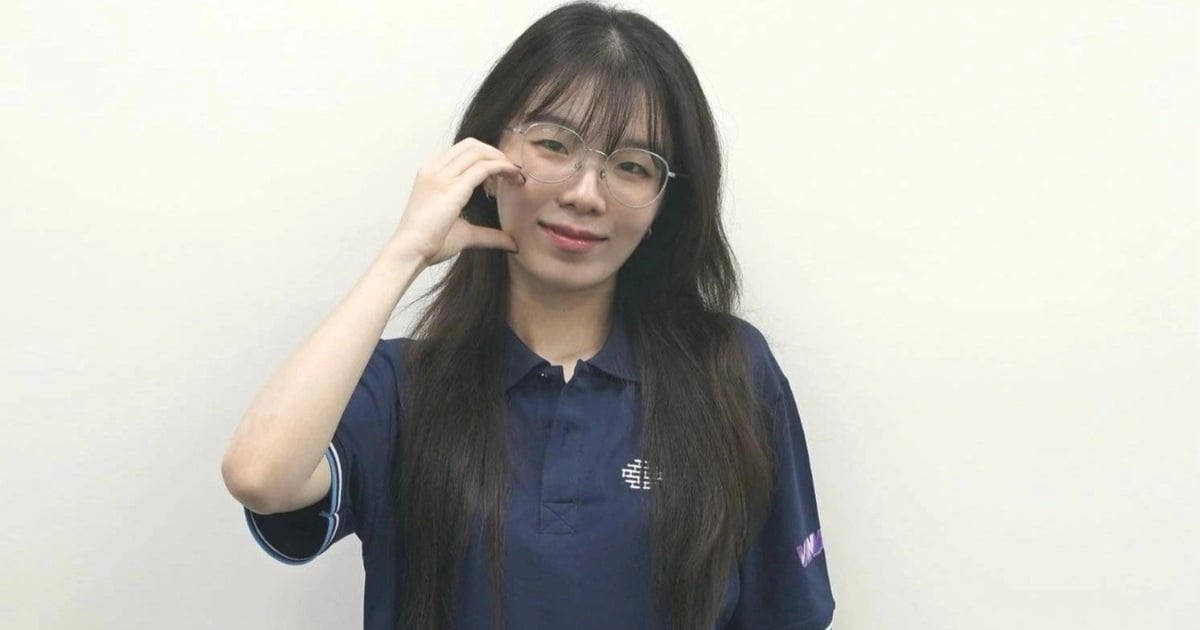
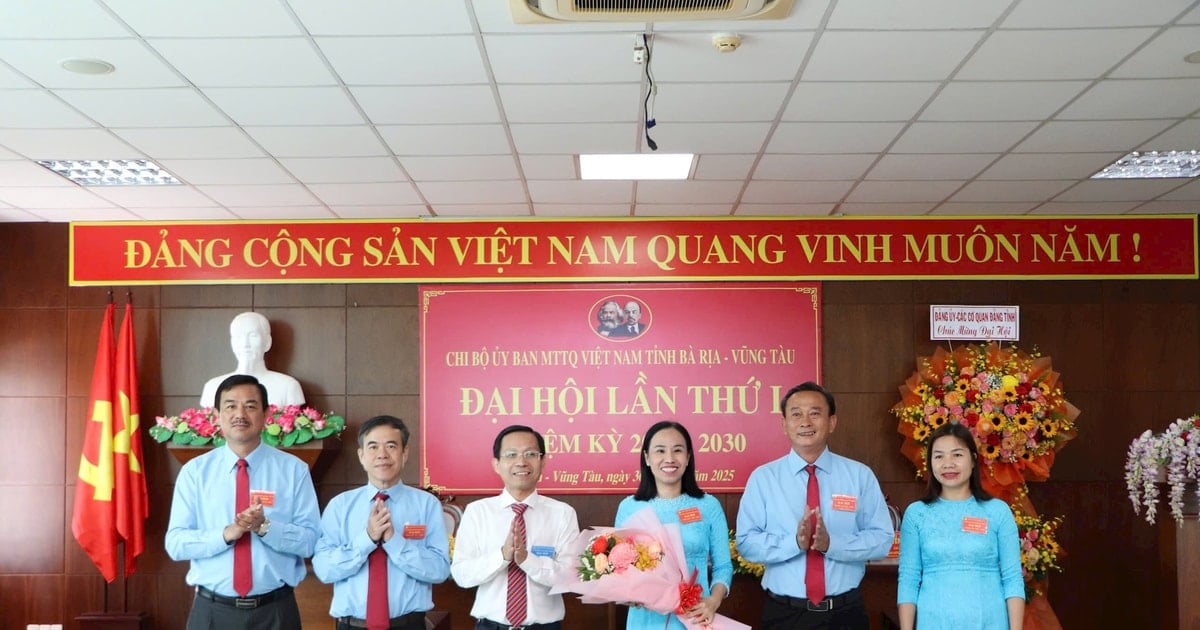
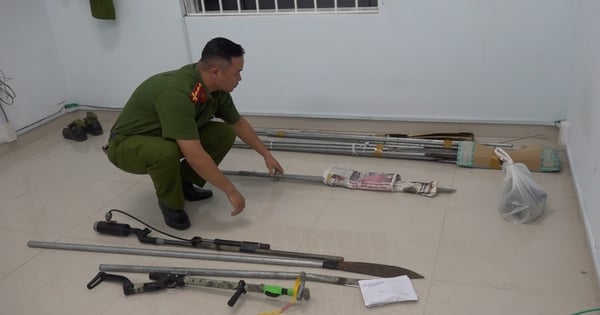
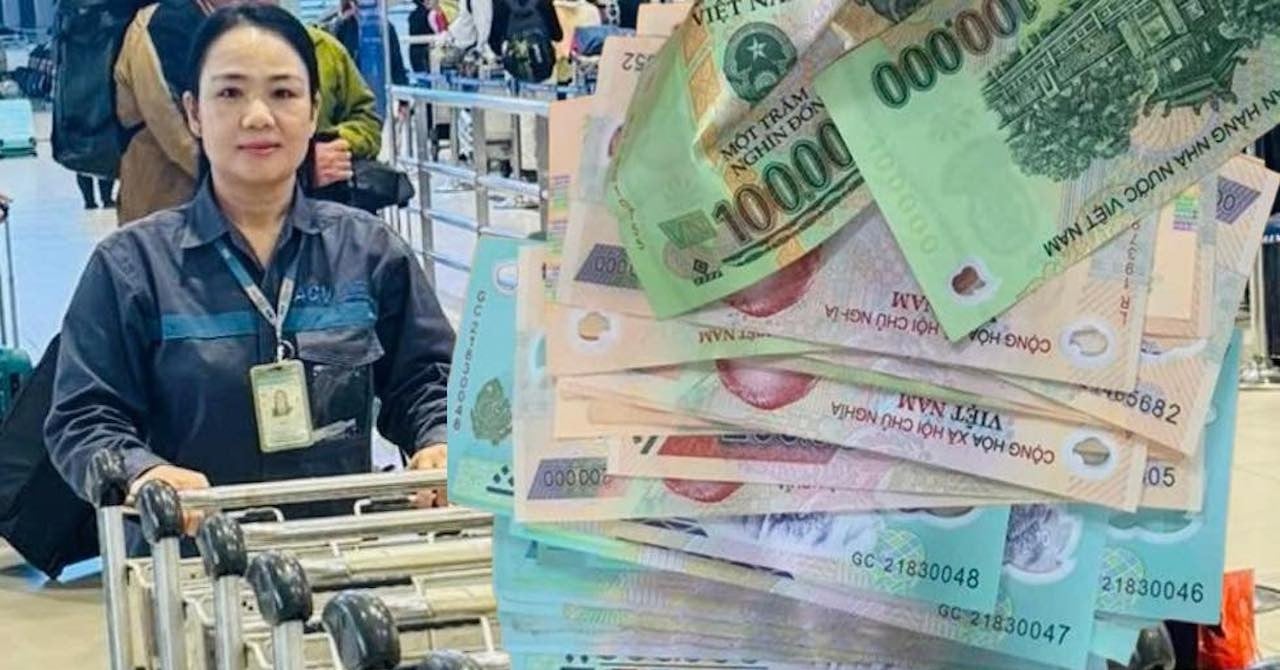





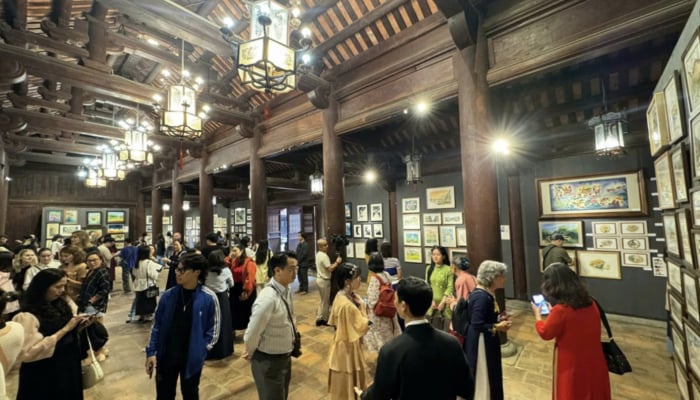

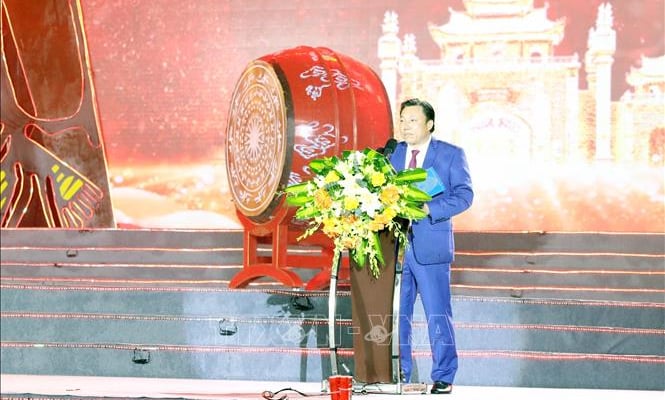
![[Photo] Prime Minister Pham Minh Chinh and Brazilian President Luiz Inácio Lula da Silva attend the Vietnam-Brazil Economic Forum](https://vstatic.vietnam.vn/vietnam/resource/IMAGE/2025/3/29/f3fd11b0421949878011a8f5da318635)

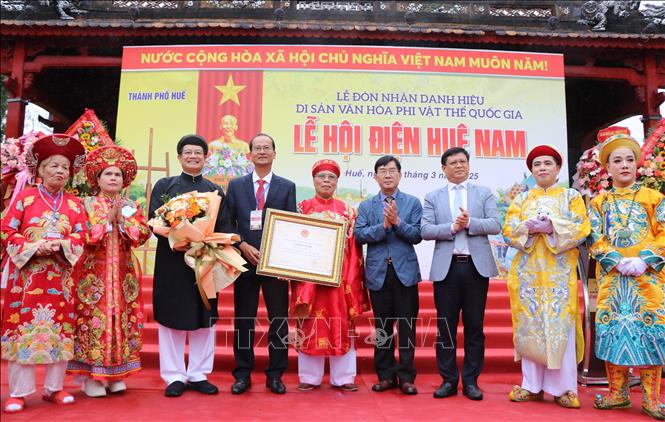














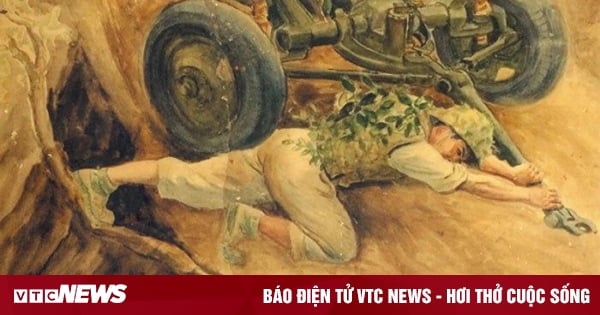

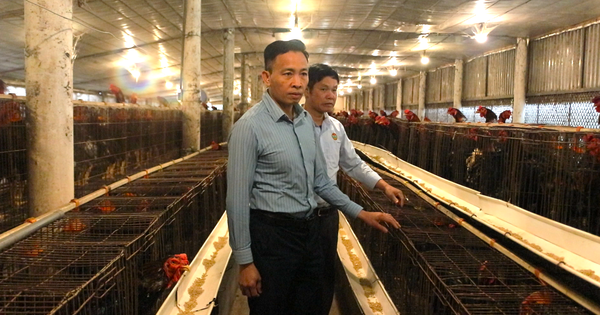











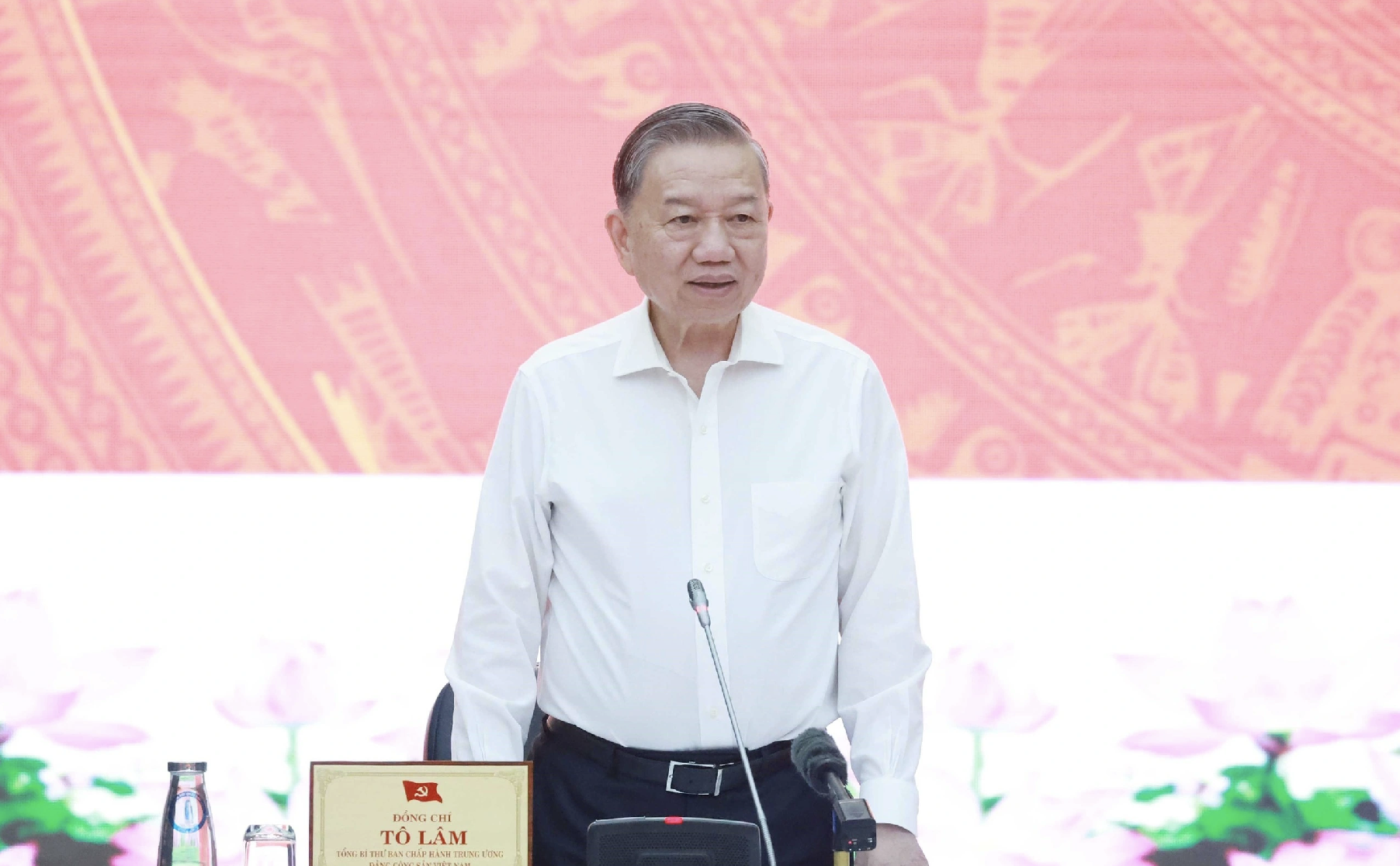

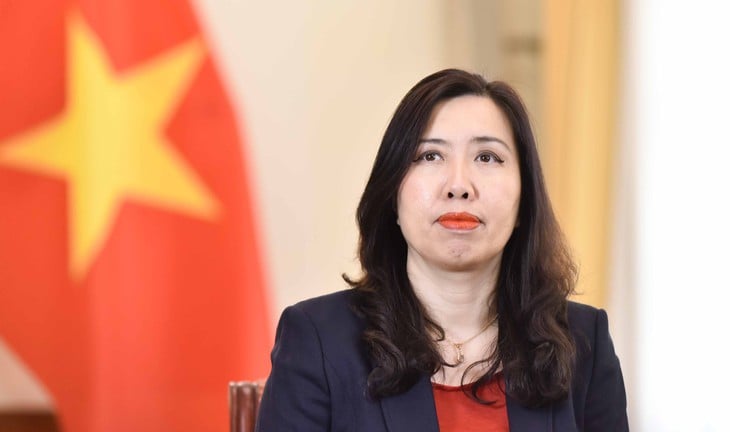


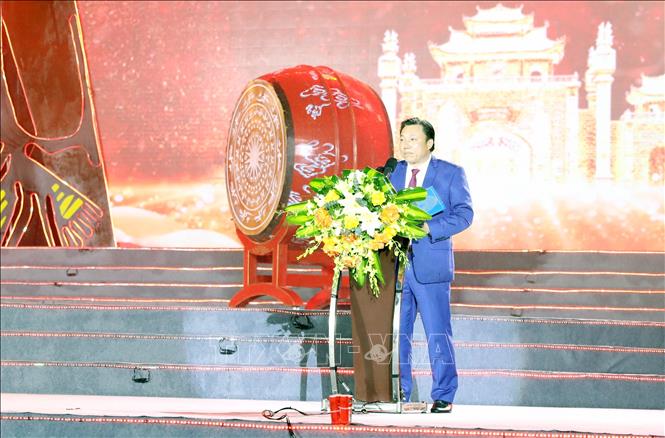
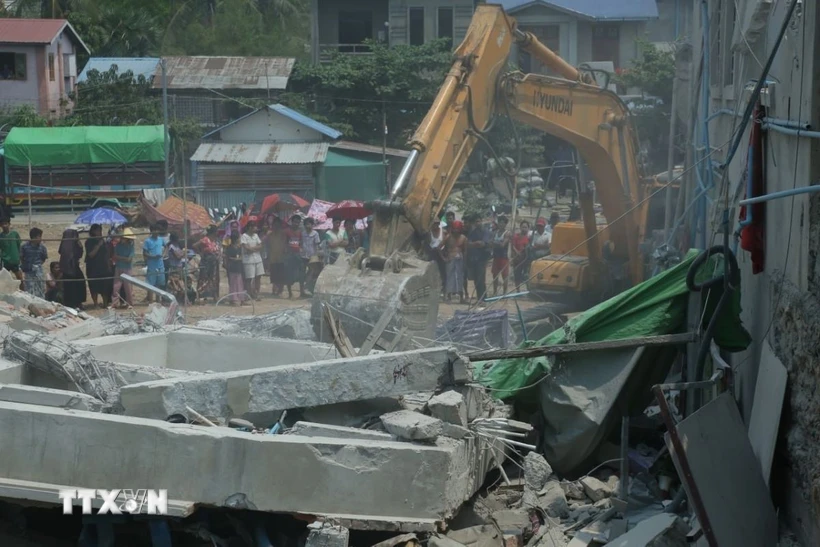
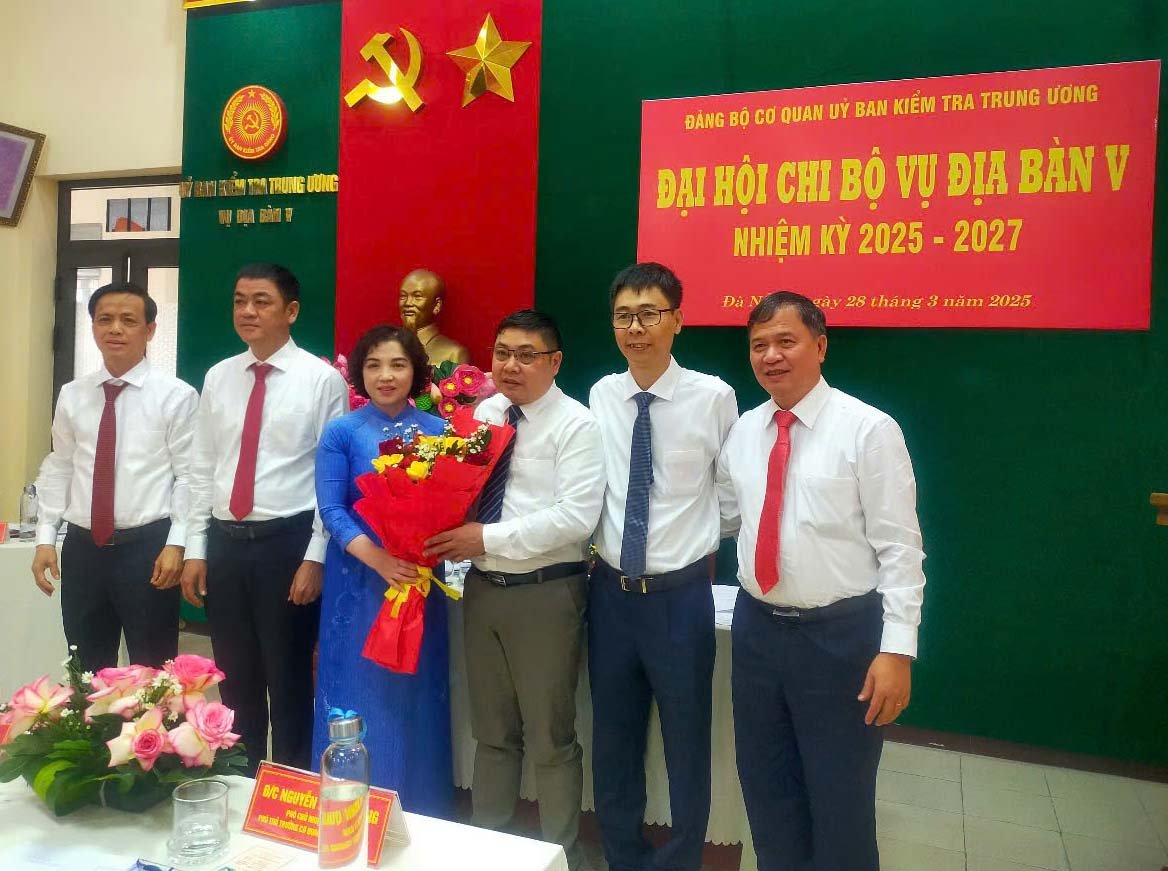

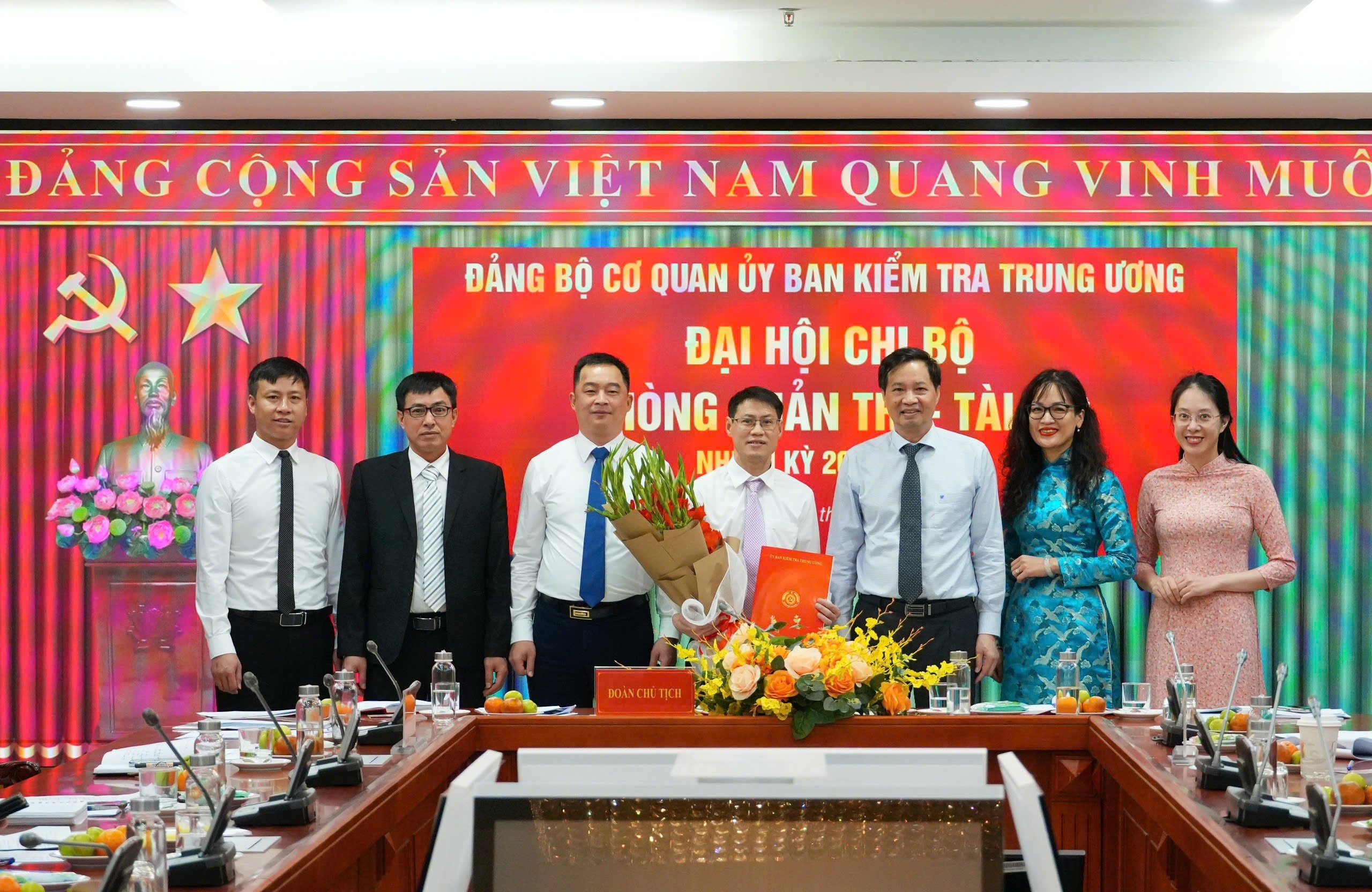
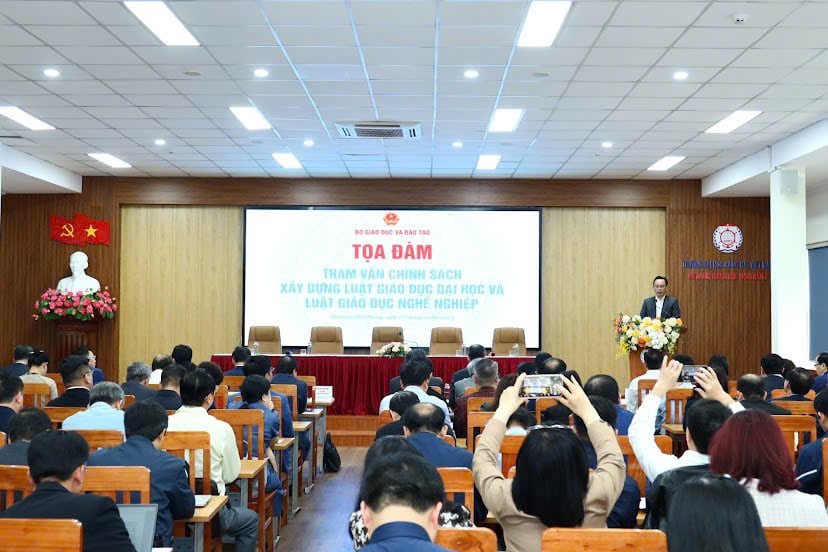

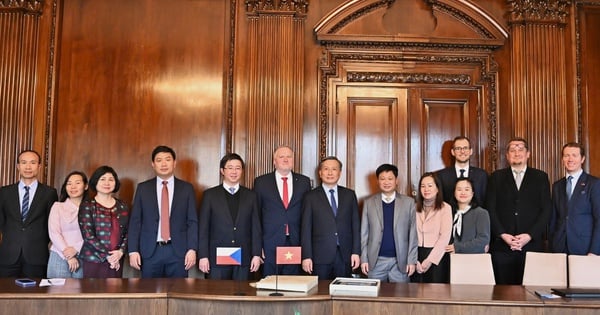

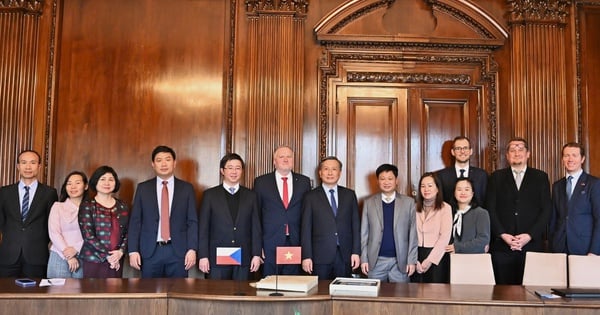
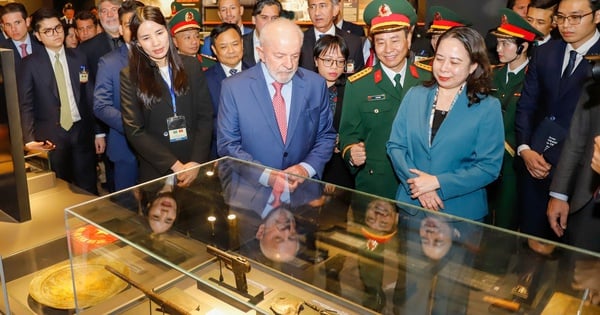

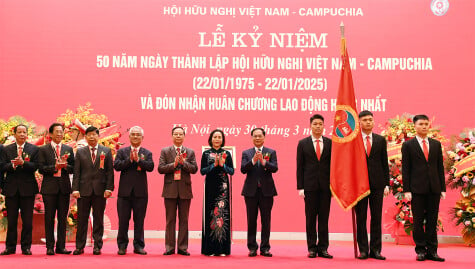

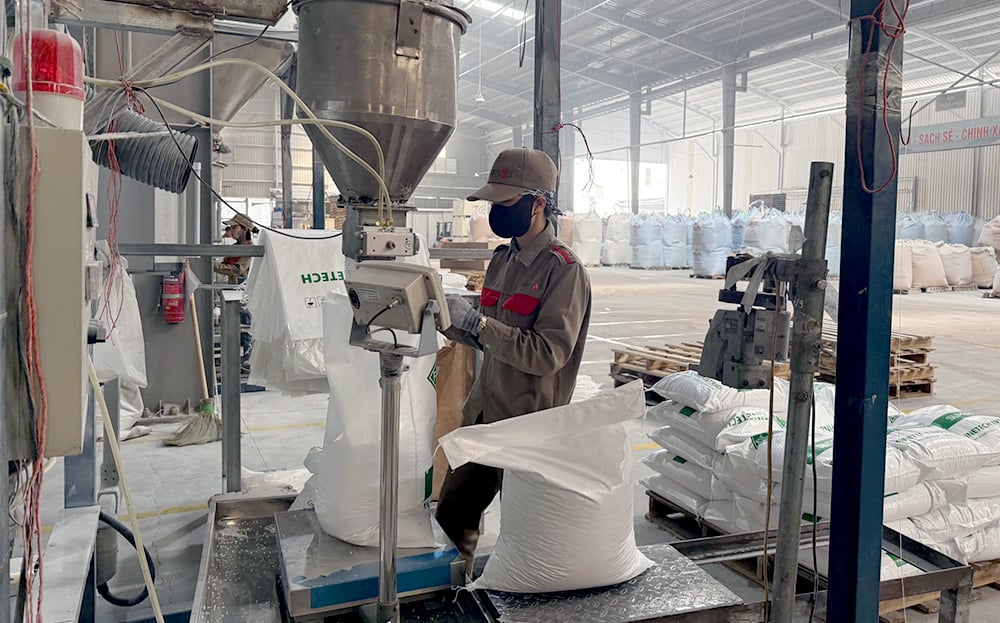
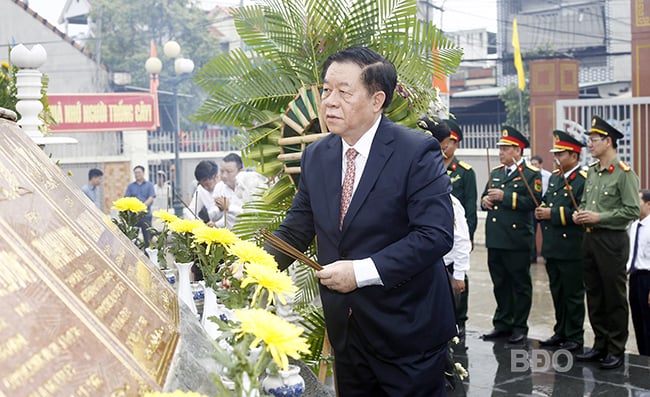
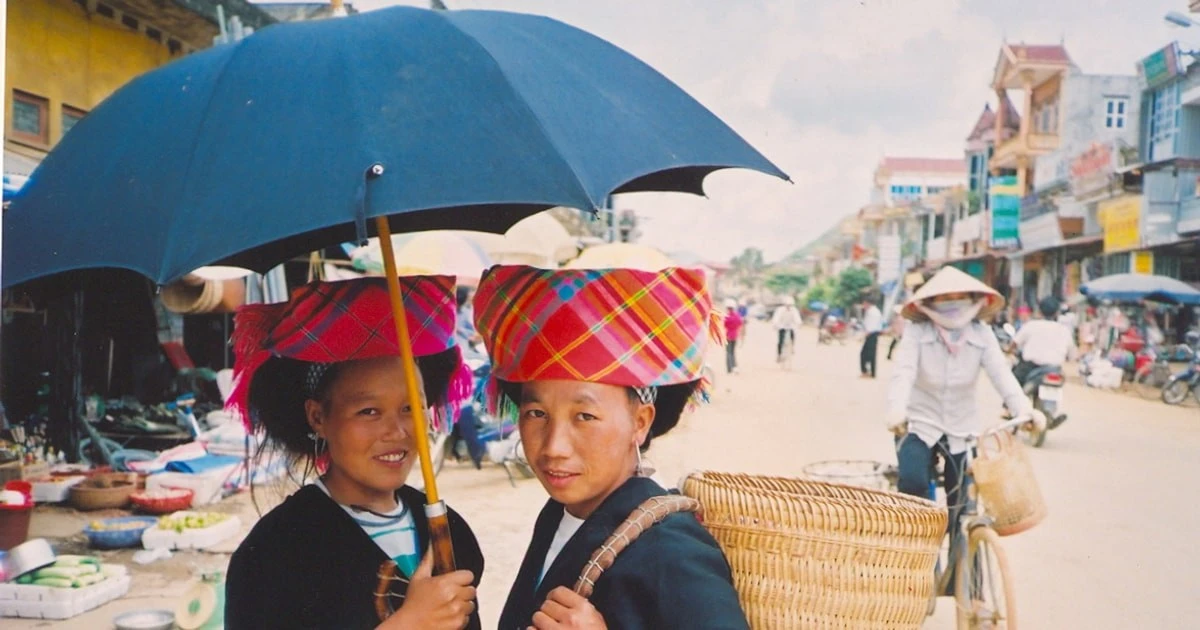


![[REVIEW OCOP] An Lanh Huong Vet Yen Cat](https://vstatic.vietnam.vn/vietnam/resource/IMAGE/2025/3/27/c25032328e9a47be9991d5be7c0cad8c)









Comment (0)